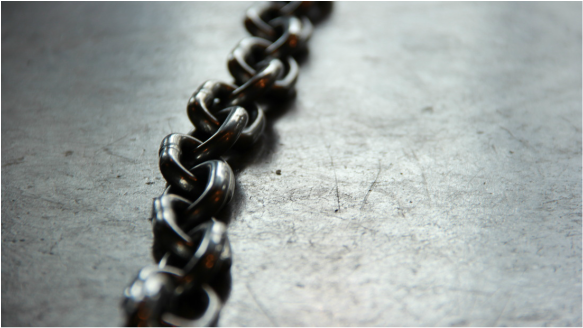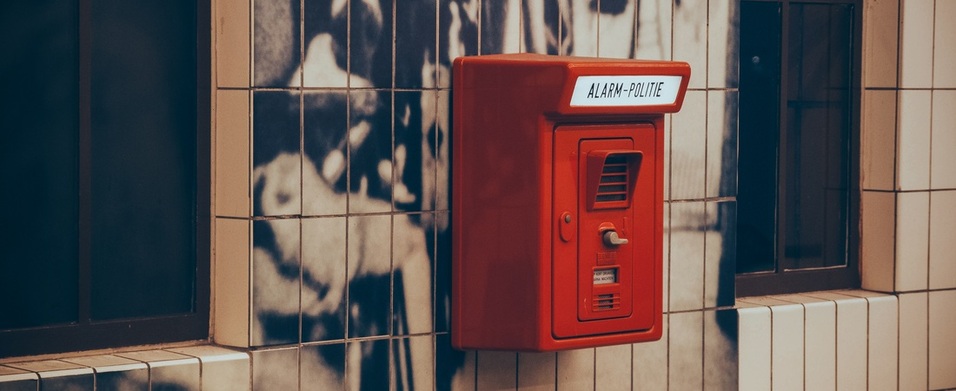1. Just Google it!
Eli Pariser explains the algorithms that control and limit your Google search results.
2. Wikipedia is a "bad source."
|
| ||||||||||||
3. Academic Journals are always the "best option."
 CLICK PHOTO to read a blog post arguing that BIAS is something we should look for, not avoid.
CLICK PHOTO to read a blog post arguing that BIAS is something we should look for, not avoid.
4. We must look for information "without bias."
5. ".org" and ".edu" are guaranteed domains of good information, whereas ".com" is trying to sell you something.
|
How is a .org different from a .com or a .net?
Is a .edu or .gov guaranteed to be reliable and unbiased? Fake versus False: A website could be "real", but still be a "bad source." What does this mean? REAL WEBSITES. BAD SOURCES? What is the story they are telling? You should always consider: Background knowledge: Does their information line up with what you already know about the topic? Appearance: Does this LOOK like a reliable source? Does it LOOK like other organizations or websites? Does the appearance distract from the content, or does it support the content? What do they want you to believe? Why? CAN YOU SPOT THE DECEPTION? |
Additional information about sources that will help you formulate answers to the questions:
THINGS FOR YOU TO THINK ABOUT...
1. Why do people like to use Google when searching for information?
2. What problems exist in using Google for searches?
3. Why do teachers often say that Wikipedia is a bad source?
4. What makes Wikipedia a good source?
5. What problems are still inherent in the Wikipedia model?
6. Why are academic journals supposed to be excellent sources of information?
7. What problems may exist in using academic journals?
8. Why is it a bad idea to insist that sources must be "without bias" or "unbiased"?
9. Why are .org and .edu often viewed as better than .com domains for reliable information?
10. Why are .org and .edu not necessarily any more reliable than .coms?
1. Why do people like to use Google when searching for information?
2. What problems exist in using Google for searches?
3. Why do teachers often say that Wikipedia is a bad source?
4. What makes Wikipedia a good source?
5. What problems are still inherent in the Wikipedia model?
6. Why are academic journals supposed to be excellent sources of information?
7. What problems may exist in using academic journals?
8. Why is it a bad idea to insist that sources must be "without bias" or "unbiased"?
9. Why are .org and .edu often viewed as better than .com domains for reliable information?
10. Why are .org and .edu not necessarily any more reliable than .coms?




